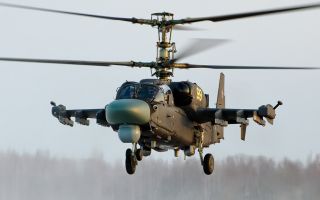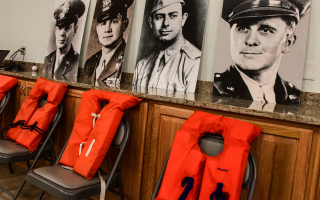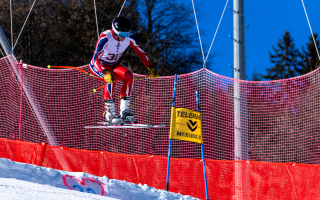Army's Ice Maidens Break New Ground In Science Of Extreme Environments
The British Army’s Ice Maidens are back from their Antarctic trek but they are still pushing themselves to the max - only this time it is in the name of science.
A team from Coventry University's Health and Science Department are measuring what effect two months on the ice has had on the six record-breaking women soldiers.
It took the Ice Maiden's 61 days to ski coast to coast across the Antarctica continent using muscle power alone.
The soldiers travelled up to 43 kilometres a day, navigating crevasse fields whilst pulling sledges weighing up to 80kg and battling temperatures as low as -40°C.
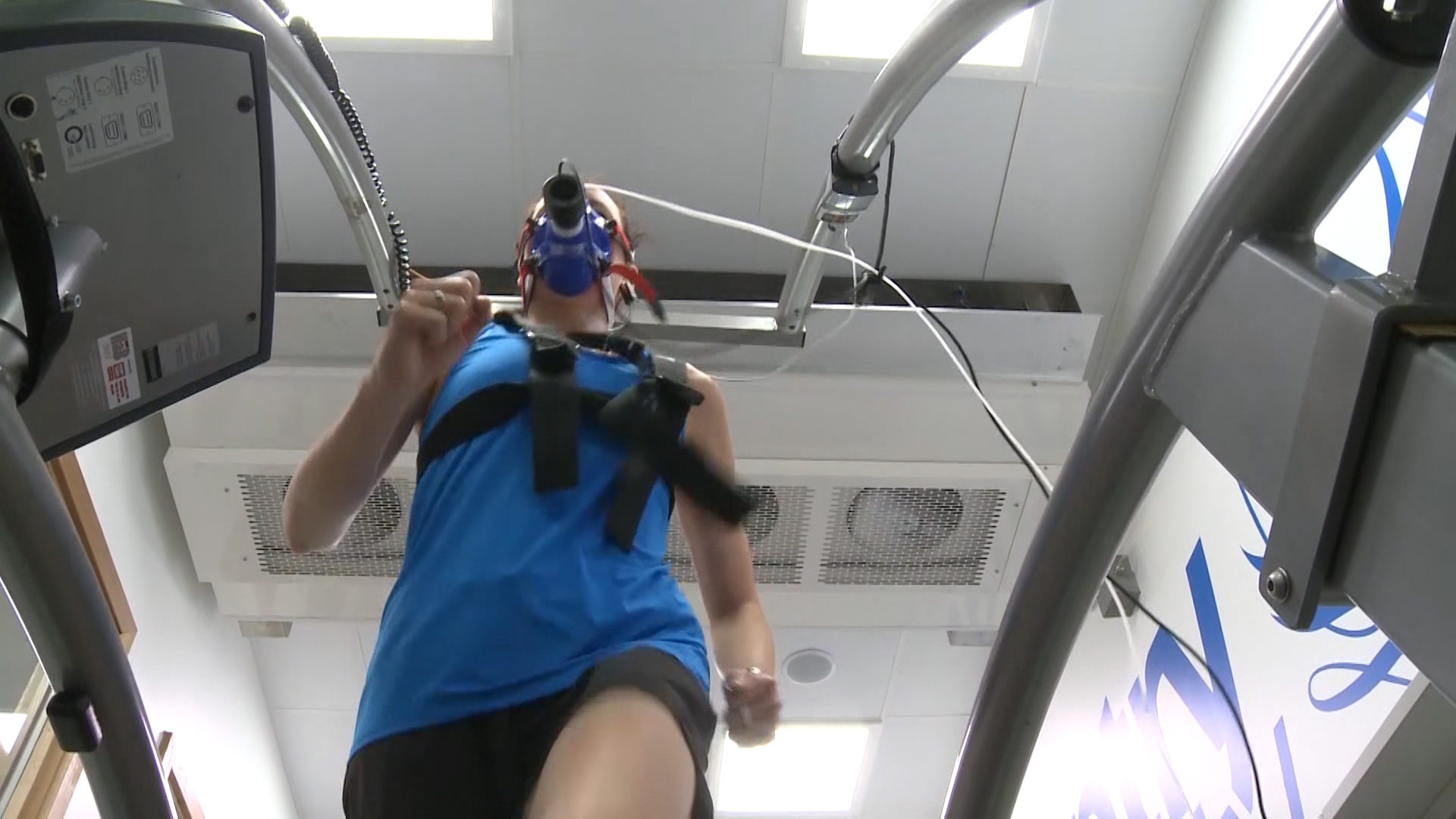
A series of tests are now being carried out on the Ice Maidens, which when combined, should help scientists better understand the ability of the female body to adapt.
In one scenario, they must run on a treadmill inside a special environment chamber, first breathing normal air as they would at sea level, then breathing air similar to an altitude of 3,000 metres (as in Antarctica), while the speed and gradient then continue to increase until they become exhausted.
The test was first performed back in October before the team departed and is now being redone, to compare how their bodies have changed.
This research is important because although there is plenty of data available on men who have been to the south pole and endured extreme conditions, very little exists about women.
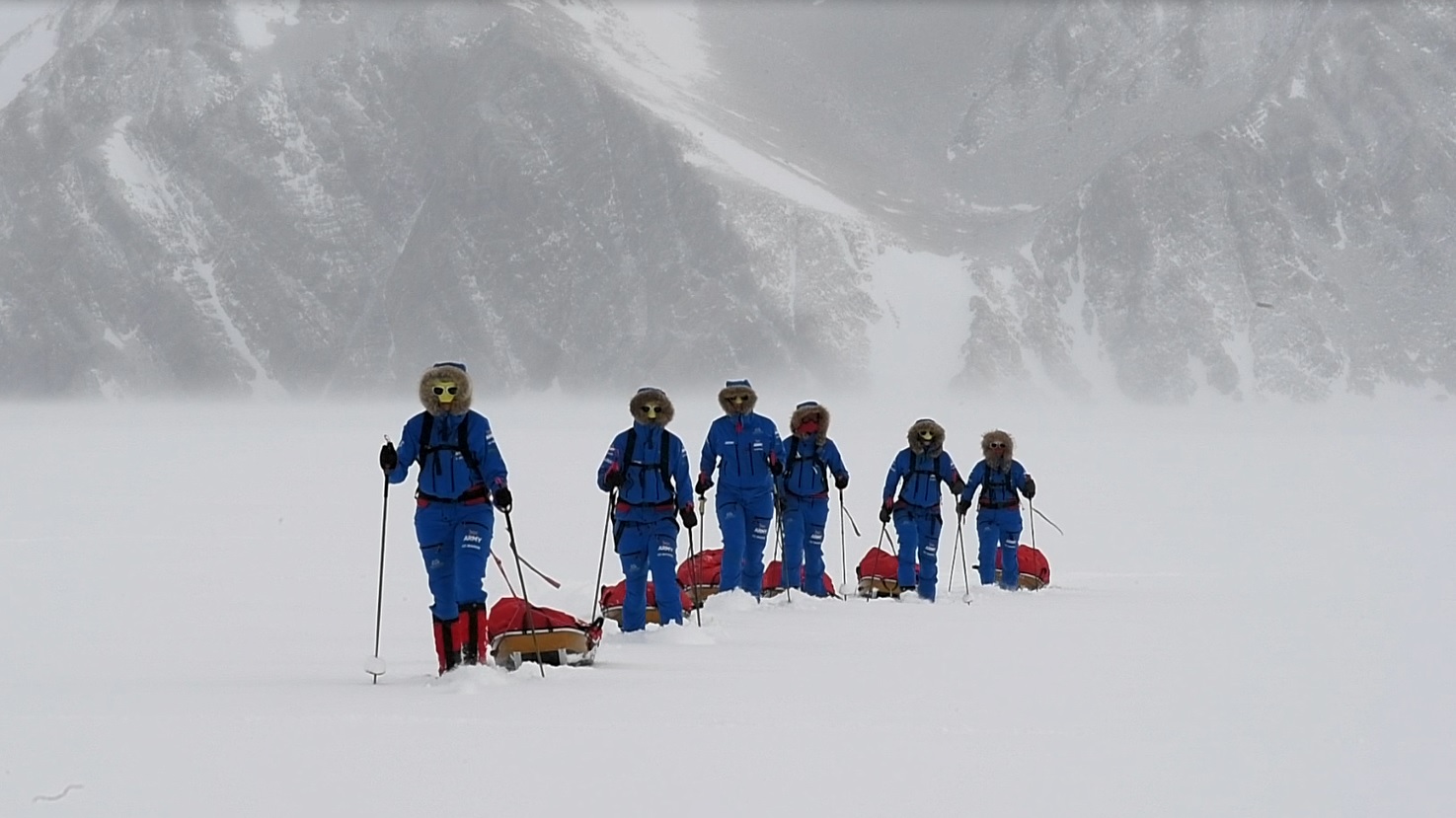
The Ice Maidens expedition has provided a rare insight and the initial findings are perhaps surprising, Senior Lecturer, Dr Doug Thake, says;
"It's a sweeping statement but on observation and preliminary data, the ladies look far more comfortable than men.
"The men seem to fare far worst after this sort of expedition in comparison to the women."
Scientists think that could be because women’s bodies are better at breaking down fat reserves into fuel, as during while in Antarctica, the Ice Maidens lost an average of 10Kg each.
As the MOD opens up combat roles to women for the first time, this is the knowledge that could help future generations prepare for the challenge ahead.

